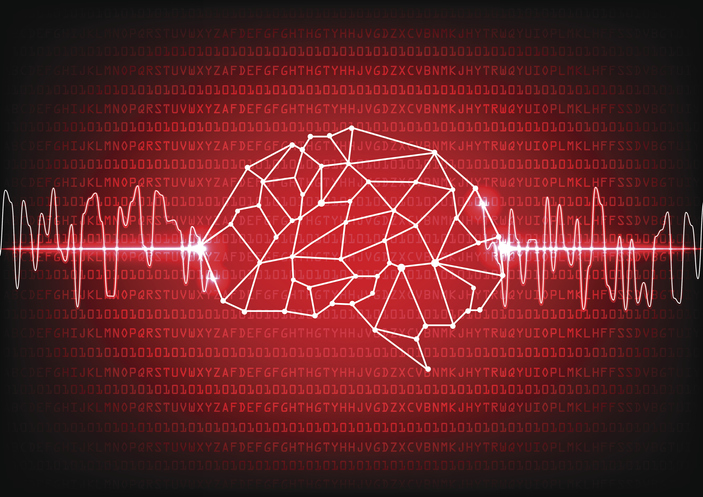
Neurological disorders present all sorts of challenges that range from the screening of people who may have a particular disease to the monitoring of patients in their homes. PharmStars, a digital health accelerator program, has graduated a new group of startups that are developing potential new solutions.
PharmStars focuses on mentoring startups that use digital technologies to address some challenge or problem facing the pharmaceutical industry. Each cohort of startups is formed around a particular theme. Innovations in neurological disease was the theme for the most recent group of accelerator participants.
Startups that are part of PharmStars take part in a 10-week program. Classes teach them about the pharma industry. Participants also have the opportunity to meet with representatives from big pharmaceutical companies, who provide mentoring. These pharma companies don’t select the startups for each cohort but they do provide input on the themes. Pharma company members of the accelerator include Takeda Pharmaceutical, Novo Nordisk, Eli Lilly and Boehringer Ingelheim.
PharmStars is still accepting applications for its program this fall. The new theme: innovations in real-world evidence. More information and applications forms are available on the PharmStars website. The application deadline is July 16.
Here are the 11 digital health startups that completed the PharmStars spring program:
Accexible. Assessing speech is one way to screen and monitor neurodegenerative disorders. Barcelona-based Accexible is developing device-agnostic speech biomarkers that can be applied to mild cognitive impairment and early dementia.

Health Benefit Consultants, Share Your Expert Insights in Our Survey
Share some of the trends you are seeing among your clients across healthcare, including chronic conditions, behavioral health, healthcare navigation, and more.
BeCare Link. The Rumson, New Jersey-based company is developing a gamified mobile app that uses AI to assess neurological function and decline.
Deliberate AI. Based in New York, Deliberate’s technology is a multi-modal diagnostics platform and machine learning model for the analysis of behavioral and physiological biomarkers to detect symptoms and monitor patients with psychiatric and neurological conditions.
Head Diagnostics. The Dublin-based company is developing technology that measures tremors in the eyes that are an indicator of Parkinson’s disease. The company’s hand-held device is intended to enable a rapid and non-invasive assessment of the disorder.
HealthQb Technologies. Based in Vancouver, British Columbia, HealthQb is developing what it describes as a biopsychosocial behavior modification system for pain and chronic disease. The company says this technology is intended to objectively measure, prioritize and target a patient’s personalized “hidden” psycho-social factors that contribute to their persistent illness.
Modus Health. Wearables startup Modus Health’s technology is StepWatch, a medical device that takes real-world assessments of a person’s movement. The Edmonds, Washington-based device has potential applications in clinical care, clinical trials and research applications.
Neuroventis. Brussels-based Neuroventis is developing a software platform that helps patients with neurological conditions understand and manage their disorders, while also enabling them to better interact with their clinicians.
Orbit Health. The Munich-based startup’s AI-enabled technology uses commercially available smartwatches to offer information on motor symptoms and treatment response in Parkinson’s patients in real-world settings.
REACT Neuro. Based in Cambridge, Massachusetts, REACT’s home-based virtual reality platform offers quantitative, comprehensive, and objective neurocognitive assessments.
Vistim Labs. The technology of Salt Lake City-based Vistim uses AI to assess brain activity, obtaining objective measures of previously imperceivable changes in cognitive function.
WKD.SMRT. Cambridge-based startup WKD.SMRT is developing a video and sensor technology for the home that passively and continuously collects data on a person’s motor and functional performance.
Image: mrspopman, Getty Images














